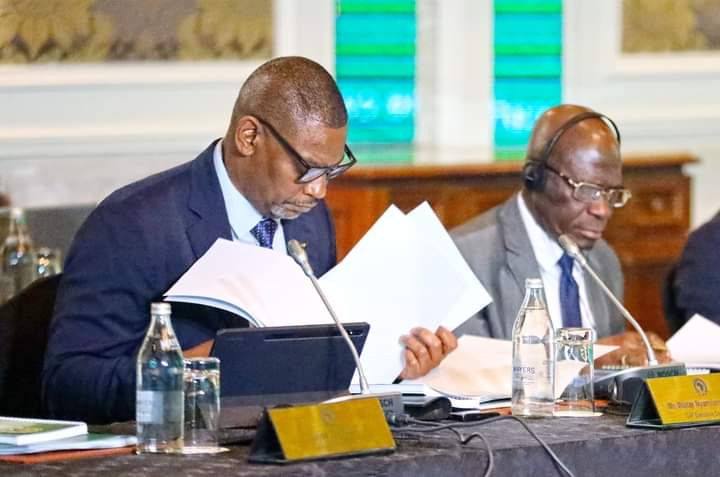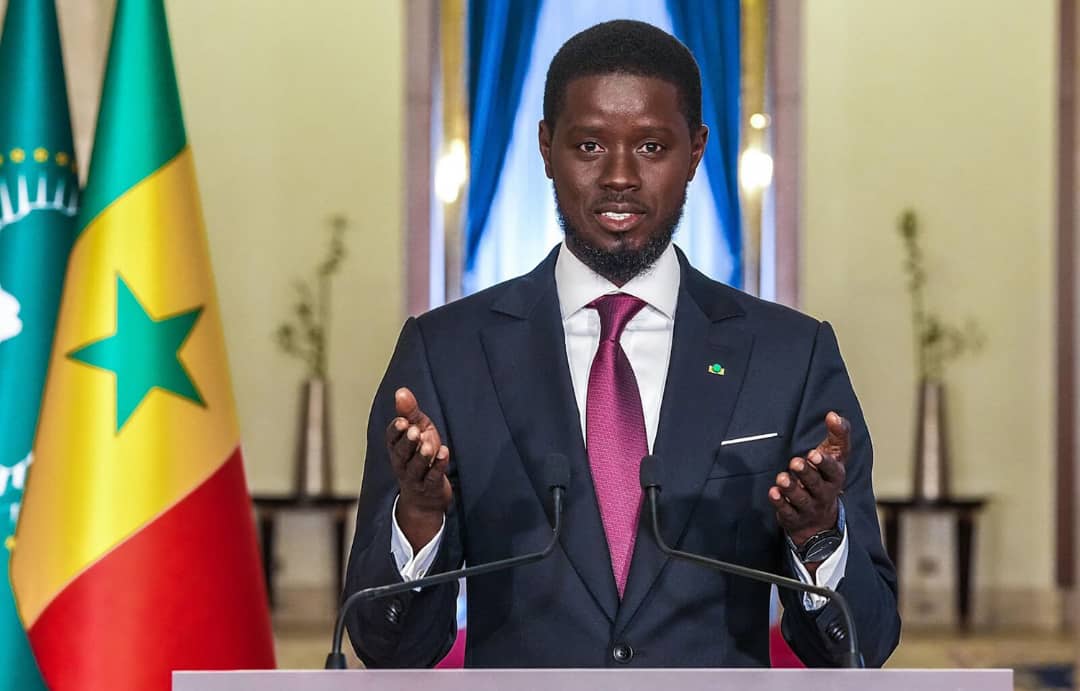By Burnett Munthali
Human rights defenders in Malawi have raised serious concerns over the country’s voting patterns at the United Nations Human Rights Council (UNHRC) and the UN General Assembly, particularly with regard to its stance on the ongoing Israeli-Palestinian conflict. These defenders argue that the Malawian government’s votes appear to signal tacit approval of the atrocities committed by the Israeli government against Palestinians, a position they believe undermines Malawi’s commitment to human rights.
Malawi, a member of both the UNHRC and the General Assembly, has recently cast votes that have sparked outrage among human rights organizations and activists. These votes, which align with positions supportive of Israel, have come at a time when global condemnation of Israel’s military actions in Palestine has reached unprecedented levels. Critics argue that Malawi’s support for resolutions that protect Israeli actions sends the wrong message, particularly to the Palestinian people who are suffering from violence, displacement, and ongoing human rights violations.
In recent UN votes, Malawi supported resolutions that downplay or fail to adequately address the human rights abuses allegedly committed by Israel in Palestinian territories. This has led to accusations that the country is turning a blind eye to the plight of Palestinians, despite its own history of advocating for human rights and supporting justice in international forums.
Human rights defenders, including local organizations such as the Malawi Human Rights Commission (MHRC) and various civil society groups, have voiced their concerns about the government’s apparent disregard for international law and human rights. They point out that while Malawi has championed human rights in other global contexts, it seems to have adopted a more passive or even supportive stance towards Israel’s controversial actions in Palestine.
Human rights advocates argue that this voting pattern is inconsistent with Malawi’s commitments to global peace, justice, and human rights. They have called on the Malawian government to review its voting decisions at the UN, urging it to take a stronger stance in support of Palestinian rights, echoing the global call for an end to the Israeli occupation and the protection of Palestinian civilians.
Malawian civil society organizations are advocating for greater public discourse and transparency in the country’s foreign policy decisions, particularly on matters that affect international human rights. They believe that Malawi’s foreign policy should reflect its domestic values of justice, peace, and respect for human dignity.
As the situation in Palestine continues to escalate, the eyes of the world are on nations like Malawi to take a principled stance. Human rights defenders hope that Malawi will reconsider its position at the UN and stand on the side of justice for all people, regardless of political or strategic considerations. The call for solidarity with the oppressed remains central to the fight for human rights worldwide, and it is hoped that Malawi will align its voting patterns accordingly.




